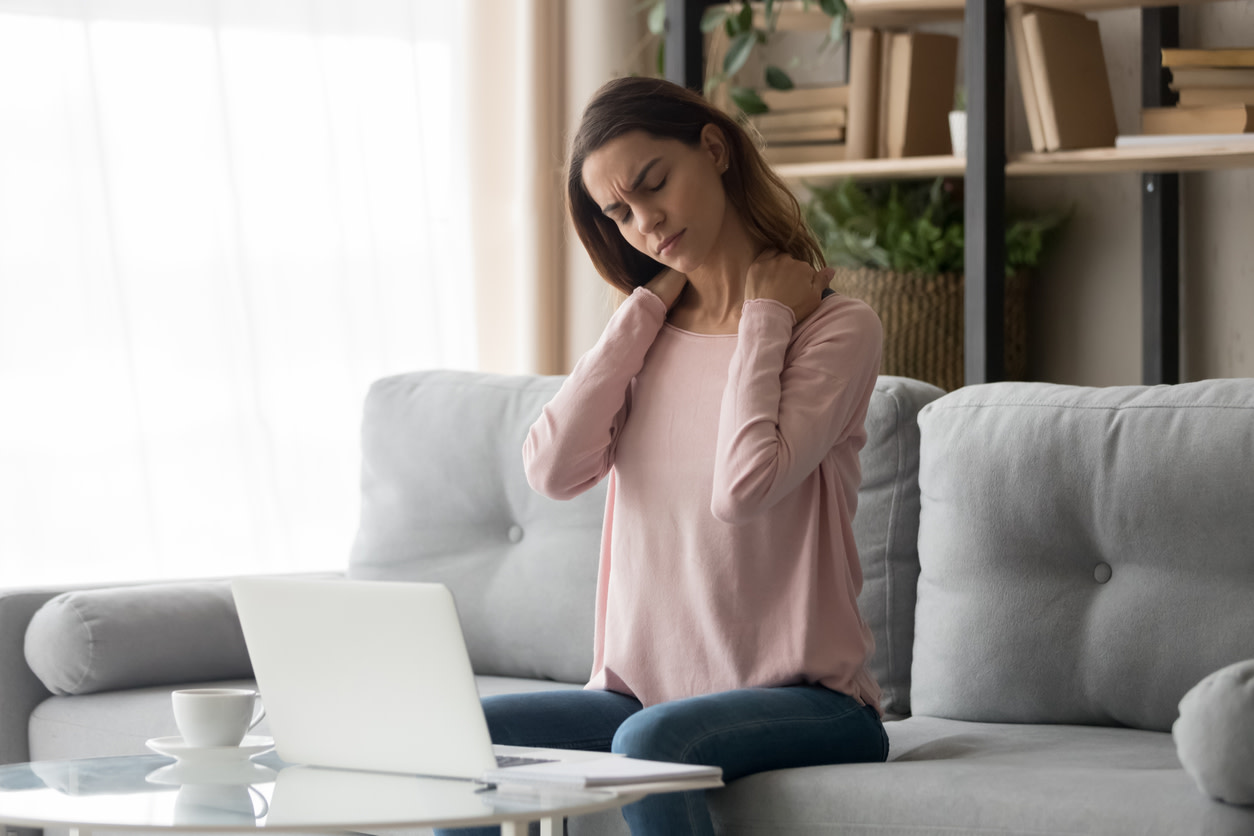Stiff neck: causes, symptoms, treatments, and exercises
Learn common causes of a stiff neck and how to relieve it, especially with exercises recommended by physical therapists.
$0 cost to you
Published Date: Jul 4, 2025
Table of Contents
Fully covered neck pain relief
Find relief from neck pain, a pinched nerve, tech neck, & more.
Check if I'm eligibleBest exercises for neck stiffness
Want expert care? Check if you're covered for our free program →- Open book rotations
- Seated trap stretch
- Chin tucks
- Cat cow
- Head turns with hands
